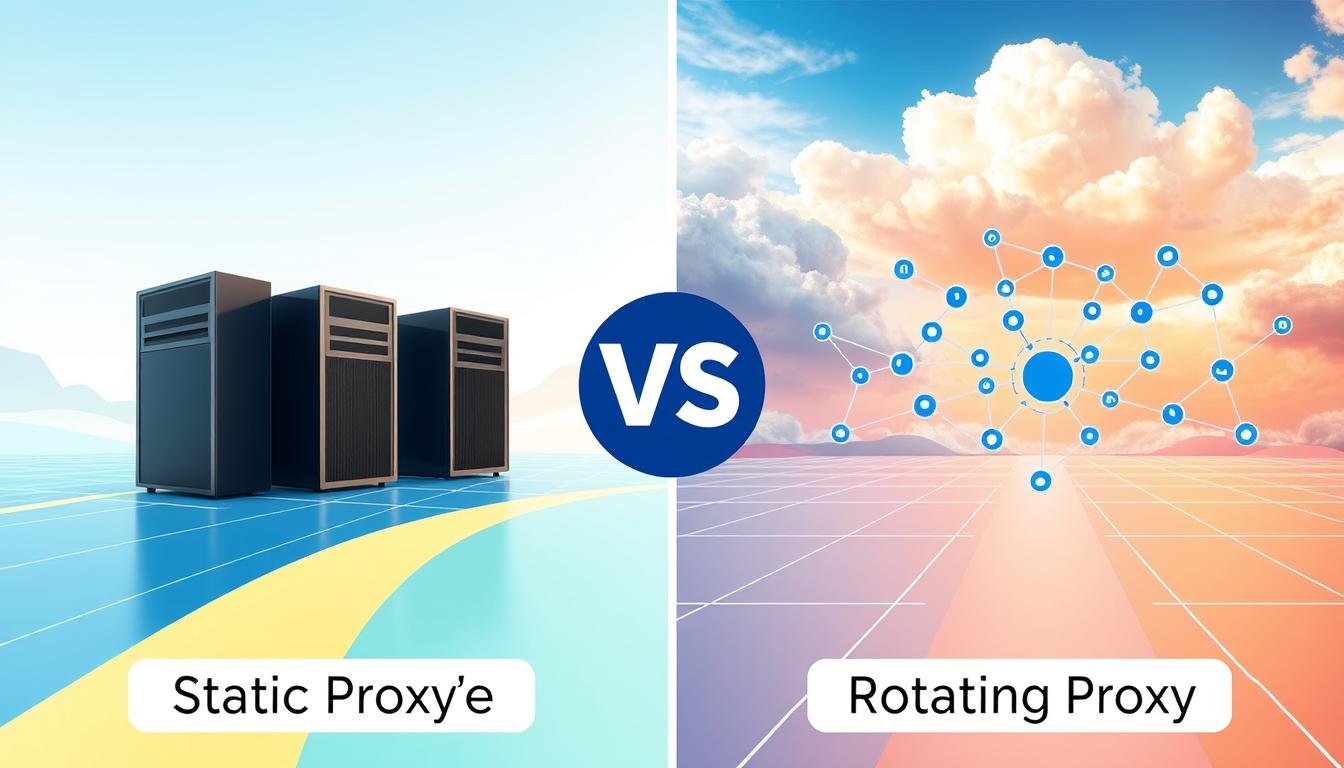FTC disclaimer: This post contains affiliate links and I will be compensated if you make a purchase after clicking on my link.
Coursera is a well known and popular MOOC teaching platform that partners with top universities and organizations to offer online courses.
A typical course at Coursera includes pre recorded video lectures, multi-choice quizzes, auto-graded and peer reviewed assignments, community discussion forum and a sharable electronic course completion certificate.
The course materials can be studied for free if you opt out of paying for a verified course certificate and graded assignments.
R is a highly extensible free open source software used for statistical computing and graphical techniques.
Just like Python, R is another popular choice for data analysis, data visualization, statistical inference and implementing machine learning algorithms.
Below are our best picks of Coursera R Programming courses if you want to get started with this popular statistical programming language.
R Programming – Johns Hopkins University
This is the most popular Coursera data science R programming course if you want to learn R basics extensively from one course.
It is the second course of the popular data science specialization from JHU.
The course gives you thorough introduction to R basics with challenging assignments and programming exercises.
Course Ratings: 4.6+ from 13, 465+ students
Key Learning’s from the Course:
- How to program in R
- How to use R for data analysis
- How to install and configure RStudio
- How to perform statistical computing in R language
- Know about loop functions and debugging tools in R
- Learn how to simulate data in R and use profiler tool to optimise programs
Who is this course best suited? Highly recommended for beginners in R and Data science
Skills Gained from the course: Data analysis, Debugging, R programming and RStudio
Coursera R Programming Course Review:

Inferential Statistics – Duke University
Part of the Statistics with R Specialization offered by Duke University, the course gives you a solid understanding of statistics with real world data examples to practice.
The course mainly teaches you how to use common statistical inference methods when you are working on numerical and categorical data.
If you are in the field of predictive modeling and machine learning, the course provides practical insights into important statistical measures of information.
Course Ratings: 4.8+ from 1,242+ students
Key Learning’s from the Course:
- Understand inference concepts: Central limit theorem and confidence interval
- What is formal hypothesis testing and concepts of sampling distributions and confidence levels
- The role of decision errors and statistical vs. practical significance
- Introduction to t-distribution and bootstrapping
- How to use the inference methods for categorical data
Who is this course best suited? Data scientists looking to learn R programming for statistical test and inference
Skills Gained from the course: Statistical Inference, Statistical Hypothesis Testing and R Programming
R Programming Coursera Review:

Basic Statistics – University of Amsterdam
The Coursera R programming tutorial from the University of Amsterdam gives you a solid introduction to the key concepts in statistics.
Part of the Methods and Statistics in Social Sciences Specialization, this is one of the best Coursera statistics course to learn if you are already making a career in data science and machine learning or a research scientist in social and behavioral sciences
Course Ratings: 4.7+ from 1,955+ students
Key Learning’s from the Course:
- Learn descriptive statistics methods
- Know what cases and variables are and how to do statistical computations using central tendency and dispersion
- How to assess relationships between variables
- What are correlation and regression in statistics
- Introduction to probability basics and how inferential statistics work
- Introduction to inferential statistics methods, confidence intervals and significance tests
- How to use RStudio to implement these statistical concepts to generate meaningful results
Who is this course best suited? Understand Statistics and probability with practice and examples
Skills Gained from the course: Statistics, Confidence Interval, Statistical Hypothesis Testing and R Programming
Coursera R Programming Course Review:

The R Programming Environment – Johns Hopkins University
Part of the Mastering Software Development in R Specialization, the course gives you an excellent overview of data wrangling with advance R concepts and focus on Tidyverse (R package) for data scientists.
Course Ratings: 4.4+ from 775+ students+
Key Learning’s from the Course:
- Learn R basics, data principles and processes and how to read data into R
- How to summarize, filter, merge and manipulate data in R
- How to use R tools, packages with respect to text processing, regular expressions
- Challenges faced in computer’s physical memory when working with large datasets
Who is this course best suited? For data scientists who want to learn data wrangling in R
Skills Gained from the course: Data Manipulation, Regular Expression (REGEX), R Programming and Rstudio
R Programming Coursera Review:

Advance R Programming – Johns Hopkins University
This is the second course of the course 5 Mastering Software Development in R Specialization offered by JHU.
As per the course reviews, the course is totally text based and has no instructor videos to teach the theoretical aspects of functional programming principles with hard and challenging assignments.
Course Ratings: 4.3+ from 361+ students+
Key Learning’s from the Course:
- Learn advanced topics in R programming : functional programming in R, robust error handling, OOP, profiling and benchmarking, debugging, etc
- Able to identify and abstract common data analysis tasks and encapsulate them in user-facing functions
- Be able to define new data types in R and develop a specific functionality to those data types
Who is this course best suited? If you want to learn advance R concepts like functional programming and OOP.
Skills Gained from the course: Logic Programming, R Programming, Object-Oriented Programming and Functional Programming
Course Reviews:

Do you recommend any other Coursera R Programming courses worth enrolling into? Let us know in the comments.
Happy Learning!








